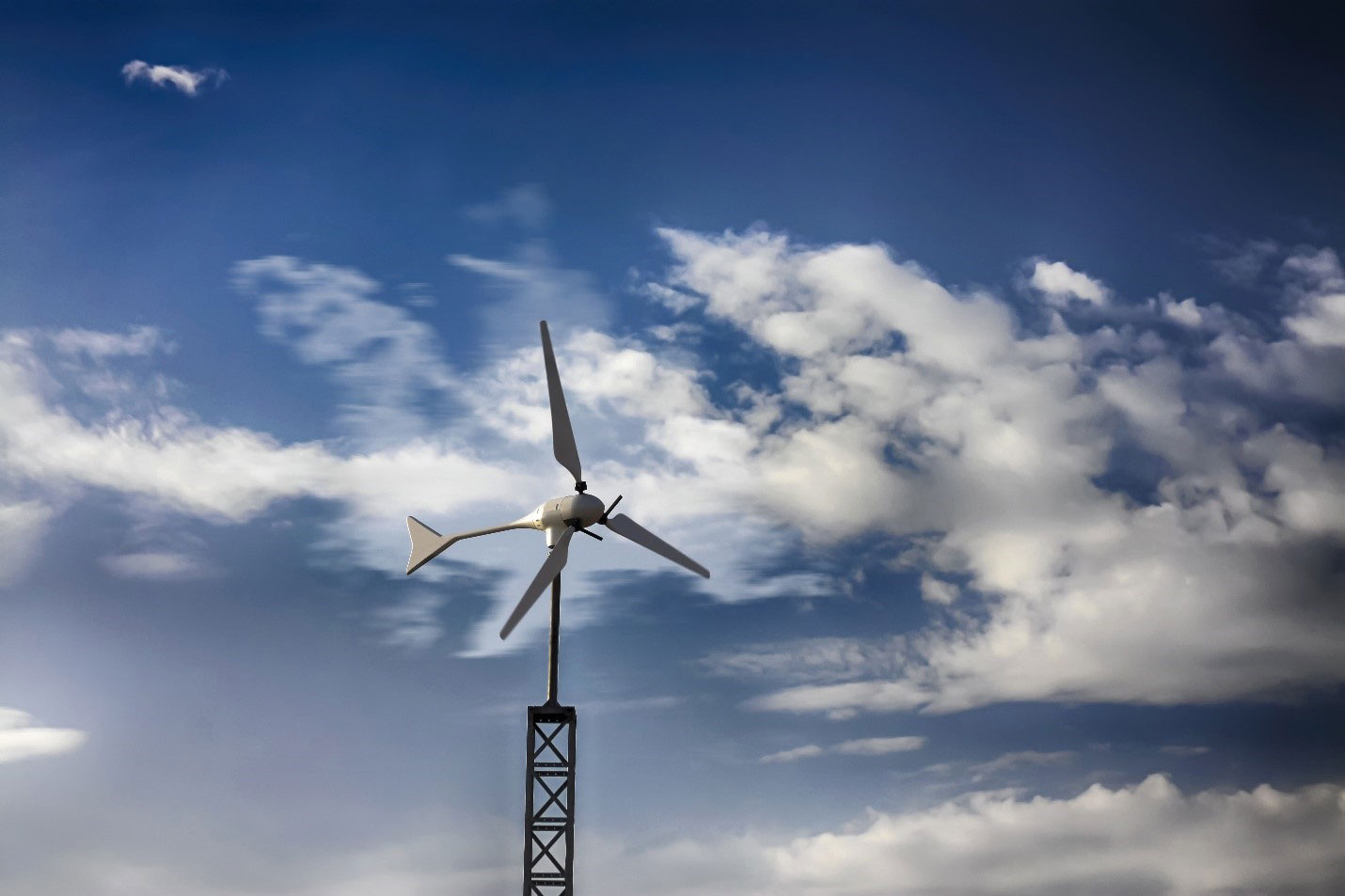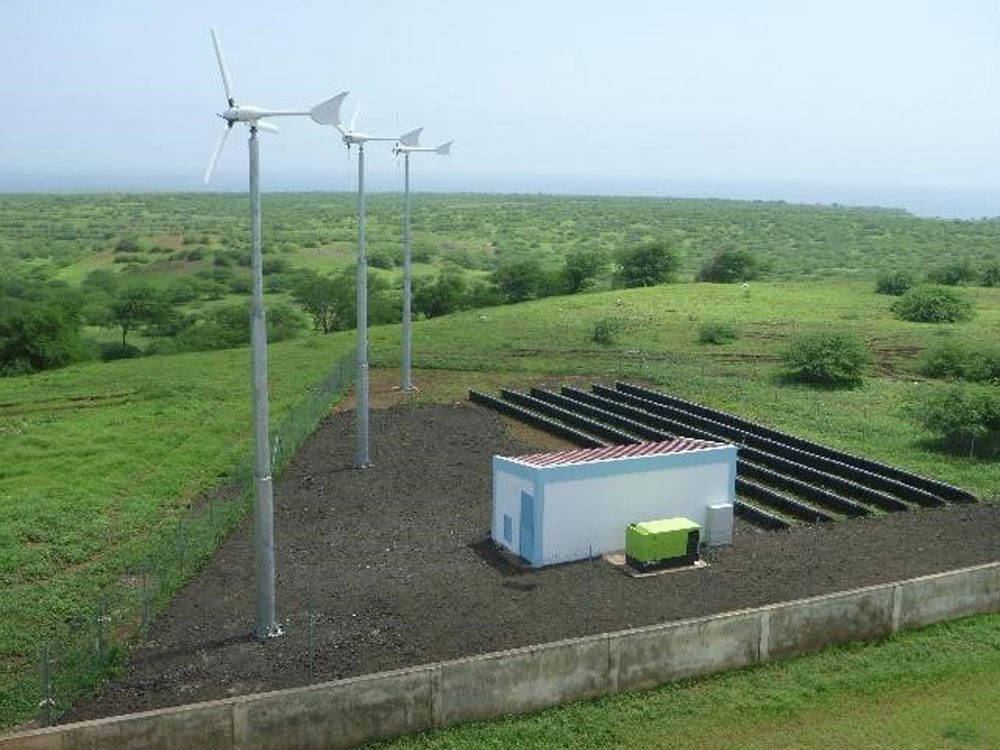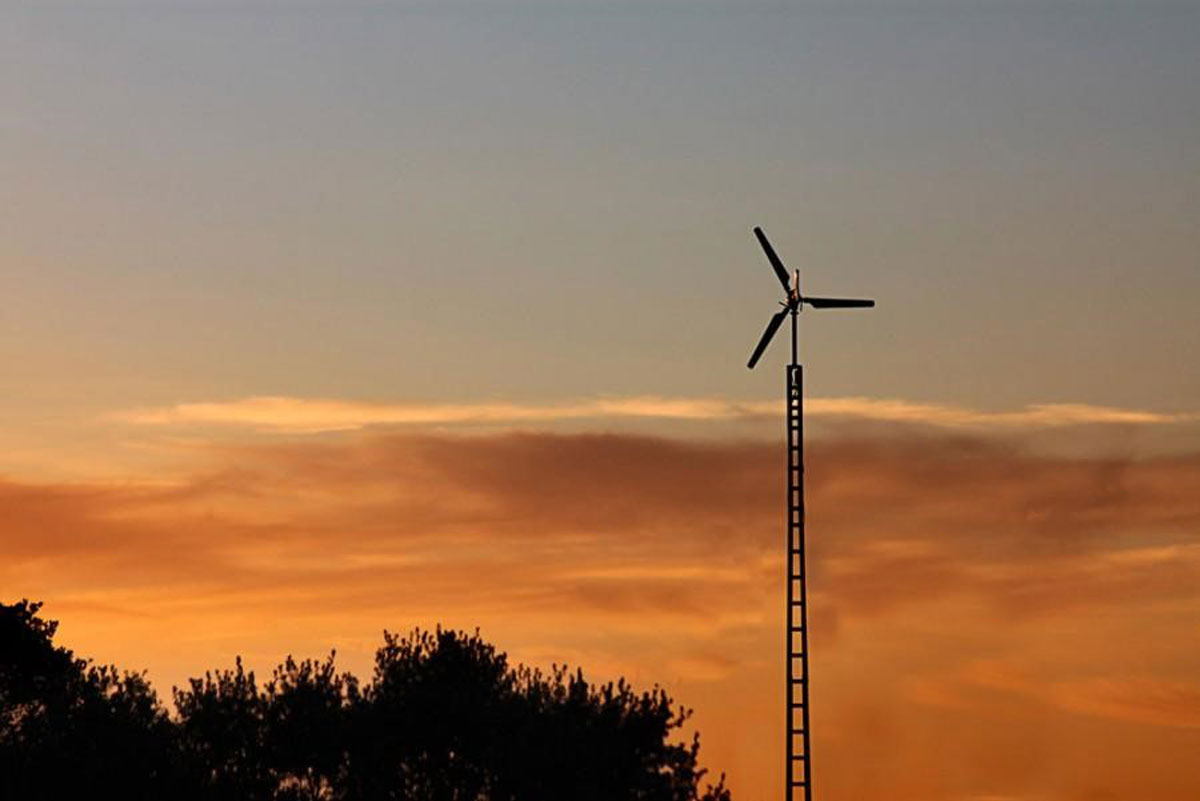The issue of climate change has moved beyond conference rooms and into the public sphere. Environmental organizations are no longer the only stakeholders in the bid toward a cleaner future.
Now, countries are stepping up to demonstrate their leadership in tackling climate change on the global front.
Much of the talk centers on emissions, given their visibility. As more countries gear up for a low carbon roadmap, the United Kingdom is leading by example through a domestic clean growth campaign supported by new green industries to develop more sustainable products, processes and systems of clean technologies. The 2008 Climate Change Act, for example, is a manifestation of the UK's commitment to reducing greenhouse gas (GHG) emissions by 2050 by at least 80 percent compared to 1990 levels.
In 2019, the UK Department for Business, Energy and Industrial Strategy reported that the energy supply sector was estimated to have generated 21 percent of the net GHG emissions in the UK.
One of the main contributors in this sector is fuel combustion for electricity generation from power sources. Diesel generators, for instance, consume over 2.5 billion liters of diesel and 6.6 million metric tons of carbon dioxide (CO2) per year, while also costing the telecommunication industry they serve $19 billion per year in fuel.
Now comes a growing demand for cleaner, reliable and affordable energy generation solutions. The industry sector is preparing to reduce its dependence on fossil fuels and harmful environmental footprints. Many companies in the UK and abroad have begun arriving on the scene with renewable energy sources such as wind, solar and even hybrid power.
One of these companies is Ryse Energy, a leader in decentralized renewable energy providing world-class technology from the UK to the global market. Ryse Energy says it can reduce on-site emissions and operating costs up to 95 percent by using wind, solar and battery storage.
Ryse Energy is part of the Department for International Trade (DIT), the Foreign, Commonwealth and Development Office (FCDO) and the broader Technology is Great campaign of the British government. On March 15, 2021, the UK recognized Ryse Energy as the most innovative green tech company of the year.

The company has installed 500 hybrid systems across the globe to provide power for prominent telecom players such as Vodafone, Claro and Orange, as well as several government communication towers in Chile, Spain, South Africa, Argentina, Mexico and more. The green tech company has even vowed to build more than 500 hybrid systems in line with the projection that the global telecom industry will be deploying approximately 1.2 million off-grid towers.
Aside from the industry sector, developing communities dealing with energy poverty is also one of Ryse Energy's key markets. A primary example is Cape Verde, a small island archipelagic nation off Africa's northwest coast, where electricity prices are high due to costly and environmentally damaging diesel generators.
Ryse Energy's advanced technologies allowed Cape Verde to create independent power plants for a community of 700 people. It used hybridized renewable energy systems, including wind and solar energy storage, that took communities off-grid and dramatically reduced their need for diesel generation.
Furthermore, Ryse Energy's mini-grid systems provided reliable energy access to vital infrastructures, including schools and healthcare facilities, thus increasing the welfare of the community as a whole.
The community's remote location presented a challenge for Ryse Energy's ability to maintain the systems. To combat the issue, Ryse Energy plans to train community members in all areas of the system by providing an intensive one-week training course at the company’s manufacturing facility, while maintaining direct contact via phone and online channels.
The region of Los Lagos in southern Chile is another one of Ryse Energy’s success story in decentralized energy generation in remote locations. Known for its forests and lakes and the Andes mountain range, Los Lagos is a cluster of remote islands with 2,000 residents who depend on expensive diesel generators to power basic necessities for just a few hours each day. The infrastructure on each island was also minimal and the community had little access to mainland facilities.

Ryse Energy therefore built and installed a mini-grid system from the ground up. The solution, which utilizes the small-wind and solar energy storage, also required completely new electrical installations in multiple buildings, schools and healthcare facilities across all 16 islands.
And as it did in Cape Verde, Ryse Energy provided intensive training to ensure that the Los Lagos community will be able to continuously and independently maintain the system.
Indonesia is another country set to open its doors to the company, with Ryse Energy saying it is currently developing a decentralized power project with the West Java administration and is keen to develop the same initiative in other provinces. The company plans to invest and develop off-grid solar projects that are integrated with battery energy storage systems for diesel power-dependent communities in eastern Indonesia.



